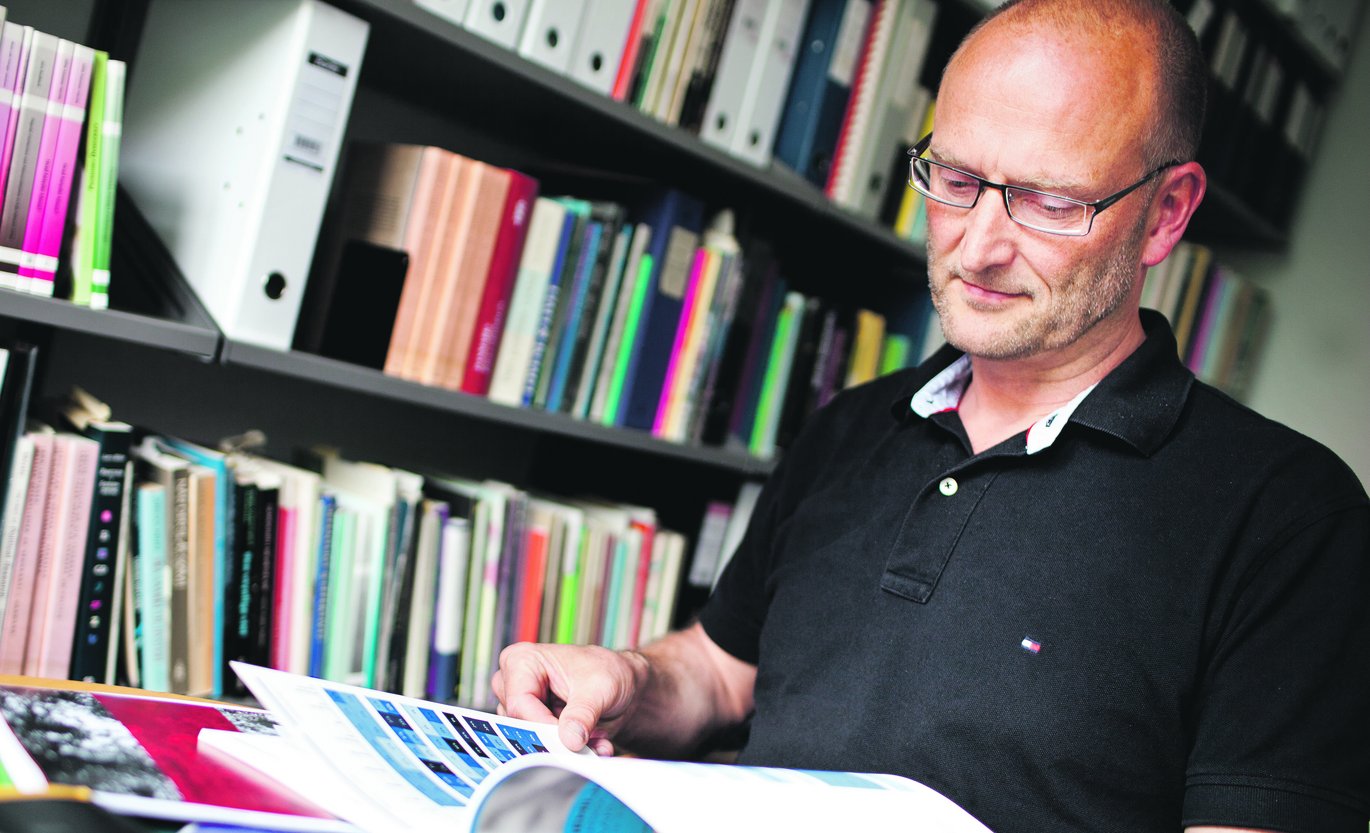Rough in the diamond
While responses to AU’s student surveys were generally positive, international students did have a recurring grievance.

When Aarhus University conducted student surveys this spring, some of the results were surprising – and disappointing.
More than 11,000 students responded and, to be fair, the majority of answers were positive. Overall student satisfaction is high, as is students’ interest in their studies.
But buried in the data was a trend: international students sometimes feel discriminated against.
“It’s a striking result,” says Kim Herrmann, a PhD student in the Centre for Learning and Education and part of the team that studied the results. “I think it’s one of the biggest surprises. We hadn’t seen that coming.”
The Danish divide
The survey was not designed to distinguish between nationalities. But upon reading answers to the open-ended questions – questions that allowed students to write instead of merely tick a box – Herrmann and others noticed a divide between international students and Danes.
“We didn’t intend to do a separate analysis for international students,” says Herrmann. “But there were quite a few comments from international students about feeling like they were not treated equally.
“So that led us to split the surveys in two and say, ‘Are there any differences? What about this?’ It was the qualitative open-ended questions that kind of led us to this.”
Once the analysts went back and accounted for nationality, they were drawn to Question 7.2: “In the last 12 months at your faculty, have you felt subjected to discrimination because of your ethnic background?”
Unexpected results
Of the 1,089 international students who answered Question 7.2, 15 percent said yes, they had felt discriminated against because of their ethnic background. For a university that hopes to become a world leader in higher education – a big chunk of “Tomorrow’s Aarhus University,” an ambitious plan revealed in the spring, revolves around building an international presence – this was most unwelcome news.
According to Herrmann, “discrimination” may in some instances be too strong a word. It was a closed question, so students couldn’t give a synonym. But whether it’s “treated unfairly” or “felt separated,” the results have caught the university’s attention.
“Apparently we have a problem integrating students, mainly foreign students,” says Peder Østergaard, AU’s Vice Dean and Director of Education. “I think we need to look very carefully into that area to see what we can improve.”
While anonymity laws prohibit the university from divulging individual responses to the open-ended questions, the researchers did summarise their general findings. Included among students’ grievances:
- Foreign students think Danish students are polite and helpful, but that Danes nonetheless don’t accept foreign students into working groups, study groups or social contexts.
- Although teaching takes place in English, official information is often only available in Danish.
- Danish students are allowed to turn in exams in their native language, while foreigners – re- gardless of their mother tongue must do their exams in English.
Whether or not these things constitute discrimination, they do cause concern.
“We didn’t have a lot of reasons to believe that there was a particular problem,” says Torben K. Jensen, who works in the AU Centre for Learning and Education. “I think that the main feeling was that we did pretty good work hosting foreign students. So I think that the reaction is that we’re not happy with the result, but we’re very glad we have the information.”
Business as unusual
While 15 percent of international respondents felt discriminated against, the number was even higher in the Faculty of Business and Social Sciences, where 19 percent answered in the affirmative. The other faculties – Science and Technology, Health, and Arts – had much more favourable responses to the discrimination question (8, 8 and 9 percent, respectively).
But because more than 700 of the 1,089 international-student responses were from Business and Social Sciences, the total, 15 percent, is almost double the median, 8.5 percent.
That the Business School scored the worst is something of a paradox: The Faculty of Business and Social Sciences has more international students than any other at AU. It should, in theory, be the best equipped to integrate foreigners.
“It seems that the places where we have most of the foreign students are where we’re having the biggest problems,” Jensen says. “So maybe we didn’t anticipate the effect of having so many foreign students.”
Problem solving
Not all of the survey results are negative. But the negatives, especially the discrimination issue, will get plenty of attention moving forward.
Østergaard says that he has set up meetings with departments heads and study boards, and is actively seeking both causes and solutions to the problem.
“As vice-dean I’m responsible for education”, Østergaard says. “And I’ve got a five-year term and the university will look at me and say, ‘Did he improve in these areas?’ And if I don’t improve, my life as a vice-dean might be a little shorter than five years.”
